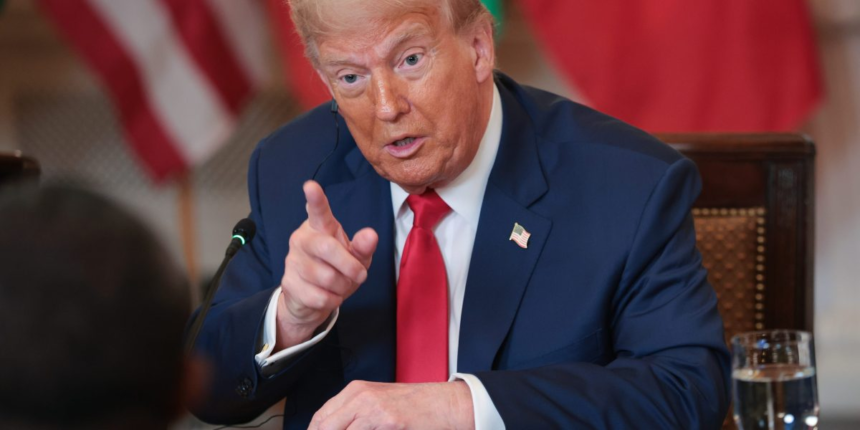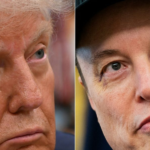“I have been speaking to @CocaCola about using REAL Cane Sugar in Coke in the United States, and they have agreed to do so,” Trump wrote on social media. “I’d like to thank all of those in authority at Coca-Cola. This will be a very good move by them — You’ll see. It’s just better!”
In response, Coca-Cola said it would have “more details on new innovative offerings” soon but did not confirm the switch to cane sugar for U.S. products. The company made an additional statement on Thursday defending its use of high-fructose corn syrup, which it said “has about the same number of calories per serving as table sugar and is metabolized in a similar way by your body.” Coca-Cola declined to comment further.
But the possibility of a shift in sweeteners has left a bad taste in the mouths of corn industry leaders, such as the Corn Refiners Association, a trade group, who fears the sugar swap could put some farmers of the U.S.’s largest crop at a disadvantage.
“The exports were looking really good, but they would look even better if we were still supplying China so heavily,” McFadden said.
“For Coca-Cola to remove it completely would be a pretty small blip in the corn market,” he told Fortune.
“This is exactly the kind of MAHA move that U.S. [agriculture] fears,” Irwin told Fortune. “There’s clearly a growing consumer backlash captured by the MAHA movement against food additives, chemicals being added, diabetes, obesity—throw it all together.”
HHS and the White House did not respond to Fortune’s request for comment.
However, the seemingly unstoppable force of the Trump administration’s MAHA push may meet the immovable object of decades-old, powerful lobbying barriers from U.S. agriculture, putting a damper on the prospect of cane-sugar Coke in the U.S.
Therefore, according to Irwin, the more effective way to eliminate high-fructose corn syrup would be to weaken the industry by rationalizing U.S. sugar policy.
“An economist’s answer is: Let’s level the playing field by eliminating the high-priced approach from domestically produced sugar,” he said.
Not only is the sugar lobby likely too powerful to be dislodged—but because the Trump administration relies on its large support base of American farmers—it backs policies often friendly to U.S. agriculture. When corn trade groups speak out against threats to high-fructose corn syrup, it puts Trump in a Catch-22.
“It’s just going to be trying to walk that tightrope throughout this administration,” Irwin said.









